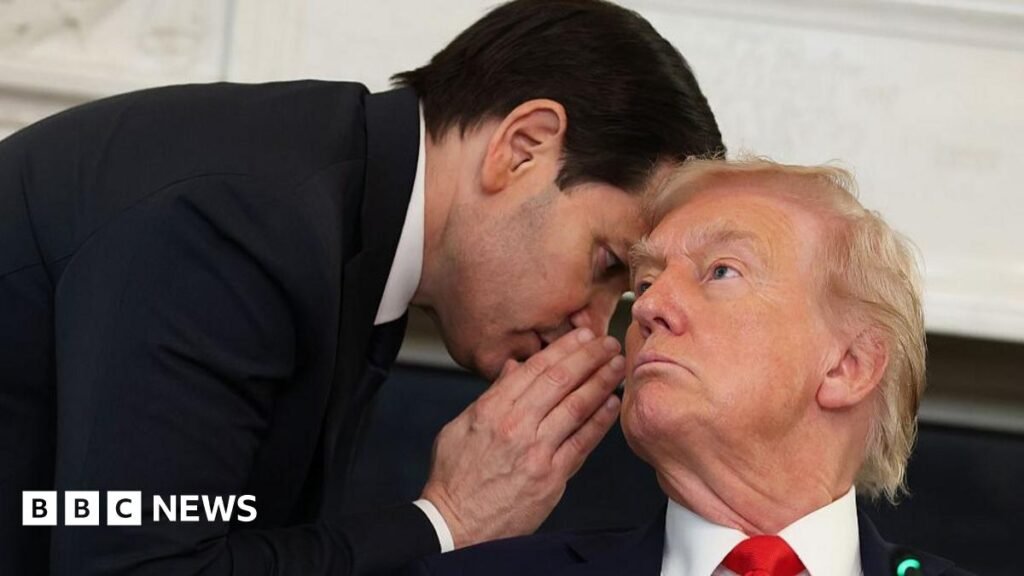Optimism Surrounds Initial Peace Deal Between Hamas and Israel
The recent announcement of an initial peace agreement between Hamas and Israel has sparked a wave of reactions from political leaders and humanitarian organizations around the globe. This development is seen as a potential turning point in a long-standing and conflict-ridden region, leading many to express cautious optimism about its implications.
Political Leaders Express Hope for Lasting Change
Responses from U.S. senators illustrate a shared sense of hope regarding the peace deal. Senator Chris Coons, a Democrat from Delaware, described a post by former President Donald Trump on Truth Social, which announced the deal, as “encouraging,” stating, “I hope that it holds.” His sentiments reflect the cautious optimism permeating the political landscape.
Similarly, Senator John Fetterman from Pennsylvania, known for his strong support of Israel, emphasized the potential for a brighter future, saying, “Those poor souls finally have a chance to maybe go home, and that’s the first opportunity for enduring peace,” according to CBS News. This perspective underscores the human element of the agreement, highlighting the hope for stability and safety for civilians affected by ongoing violence.
Democratic Senator Richard Blumenthal from Connecticut also expressed optimism, stating that “the initial reports are hopeful,” underscoring the importance of monitoring the situation closely. On the Republican side, Senator Kevin Cramer from North Dakota echoed similar sentiments, expressing a cautious optimism about the deal while noting, "We’ll see how it actually gets implemented," as reported by CBS News. This bipartisan interest in the agreement illustrates its significance in U.S. political discourse.
Humanitarian Organizations Respond Positively
Beyond politics, humanitarian organizations are also reacting positively to the development. The Gaza Humanitarian Foundation, which is backed by both U.S. and Israeli initiatives, released a statement characterizing the peace agreement as “welcome news.” They articulated hopes that the deal would create conditions conducive to addressing the needs of all individuals in Gaza.
“We are hopeful that this will create conditions on the ground that enable the needs of all Gazans to be met,” the GHF stated. Their commitment to delivering aid in this critical region highlights the necessity of a peaceful environment to facilitate humanitarian efforts.
The Broader Implications of the Peace Deal
The initial reactions to the peace deal suggest that there is considerable investment in its success, both politically and socially. The stakes are high, as many believe that a stable peace could pave the way for economic recovery, social rebuilding, and overall improvement in quality of life for those affected by the conflict.
The complex history between Hamas and Israel necessitates a rigorous analysis of the effectiveness of this agreement. Stakeholders from various sectors, including politics, humanitarian work, and international relations, will be closely monitoring developments to assess how this deal might reshape the landscape of peace in the region.
Conclusion: A Glimmer of Hope
As reactions to the initial peace deal continue to unfold, the words of political leaders and humanitarian organizations reflect a glimmer of hope amid a backdrop of conflict. The world watches closely to see if this moment can indeed lead to lasting peace and stability in a region yearning for resolution. With engaged dialogue and cooperative efforts, there exists the potential to turn cautious optimism into a reality for all those affected by the ongoing conflict.
For comprehensive updates on the situation, you can follow CBS News and the BBC for the latest information and analysis.


